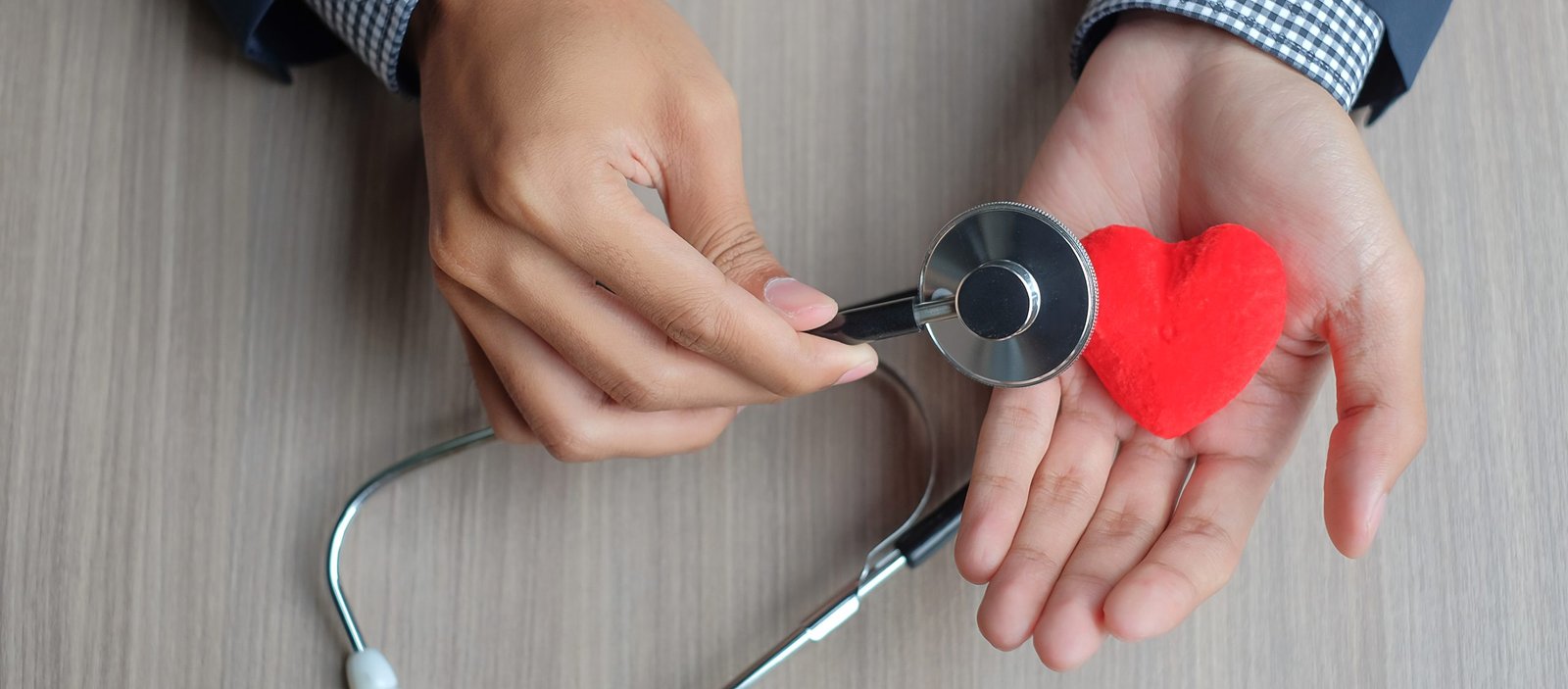The cardiac department, also known as the cardiology department, is a specialized area within a hospital or healthcare institution dedicated to the diagnosis, treatment, and management of cardiovascular diseases and conditions. Here are some key aspects of the cardiac department:
- Cardiac Care Team: The cardiac department is staffed by a multidisciplinary team of healthcare professionals with expertise in cardiology, including cardiologists, cardiac surgeons, cardiac nurses, cardiac technicians, and other specialists. This team works collaboratively to provide comprehensive care to patients with heart-related issues.
- Diagnostic Services: The cardiac department offers a wide range of diagnostic services to evaluate heart health and diagnose cardiovascular conditions. This may include electrocardiography (ECG), echocardiography (echo), stress testing, cardiac catheterization, cardiac MRI/CT imaging, nuclear cardiology studies, and ambulatory monitoring (e.g., Holter monitoring).
- Interventional Cardiology: Interventional cardiology services are provided to treat coronary artery disease, heart valve disorders, and other cardiovascular conditions using minimally invasive procedures. Common interventions include coronary angioplasty, stenting, cardiac catheterization, balloon valvuloplasty, and transcatheter aortic valve replacement (TAVR).
- Cardiac Surgery: The cardiac department may include a cardiac surgery unit specializing in surgical interventions for complex heart conditions. Cardiac surgeons perform procedures such as coronary artery bypass grafting (CABG), heart valve repair or replacement, congenital heart defect repair, and heart transplant surgery.
- Electrophysiology Services: Electrophysiology (EP) studies and procedures are performed in the cardiac department to diagnose and treat heart rhythm disorders (arrhythmias). This includes implantation of pacemakers, implantable cardioverter-defibrillators (ICDs), cardiac resynchronization therapy (CRT) devices, and catheter ablation for arrhythmia management.
- Heart Failure Management: The cardiac department offers specialized care for patients with heart failure, including medical management, device therapy (e.g., left ventricular assist devices), heart transplantation evaluation, and heart failure rehabilitation programs to optimize quality of life and outcomes for heart failure patients.
- Preventive Cardiology and Rehabilitation: The cardiac department emphasizes preventive cardiology services to reduce the risk of cardiovascular disease and promote heart-healthy lifestyles. This may include risk factor assessment, lifestyle counseling (e.g., diet, exercise, smoking cessation), lipid management, blood pressure control, and cardiac rehabilitation programs for patients recovering from heart-related events or procedures.
- Patient Education and Support: Patients and their families receive education, counseling, and support from the cardiac department to understand their heart condition, manage medications, adopt healthy behaviors, and navigate their treatment plan. This includes providing resources, support groups, and referrals to community resources as needed.
Overall, the cardiac department plays a crucial role in the prevention, diagnosis, and treatment of cardiovascular diseases, offering a comprehensive range of services to address the diverse needs of patients with heart-related issues. The goal is to improve heart health, enhance quality of life, and reduce the burden of cardiovascular disease on individuals and communities.
